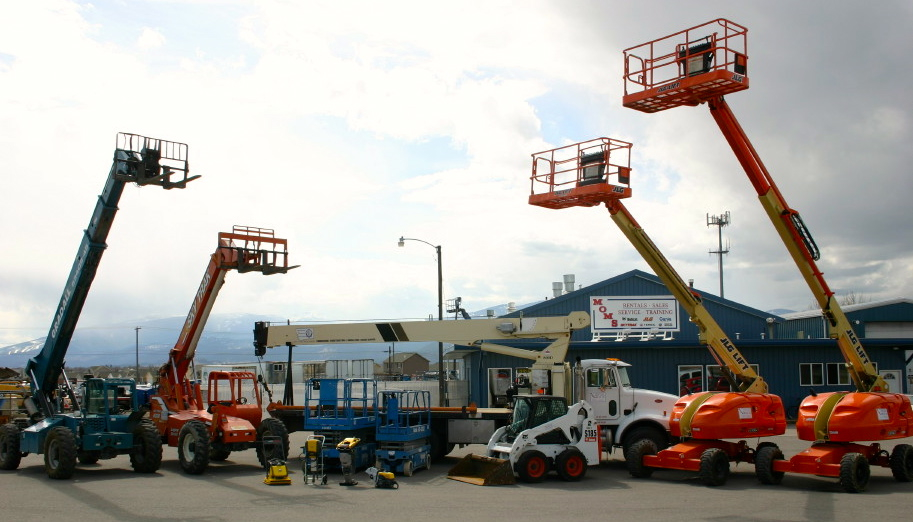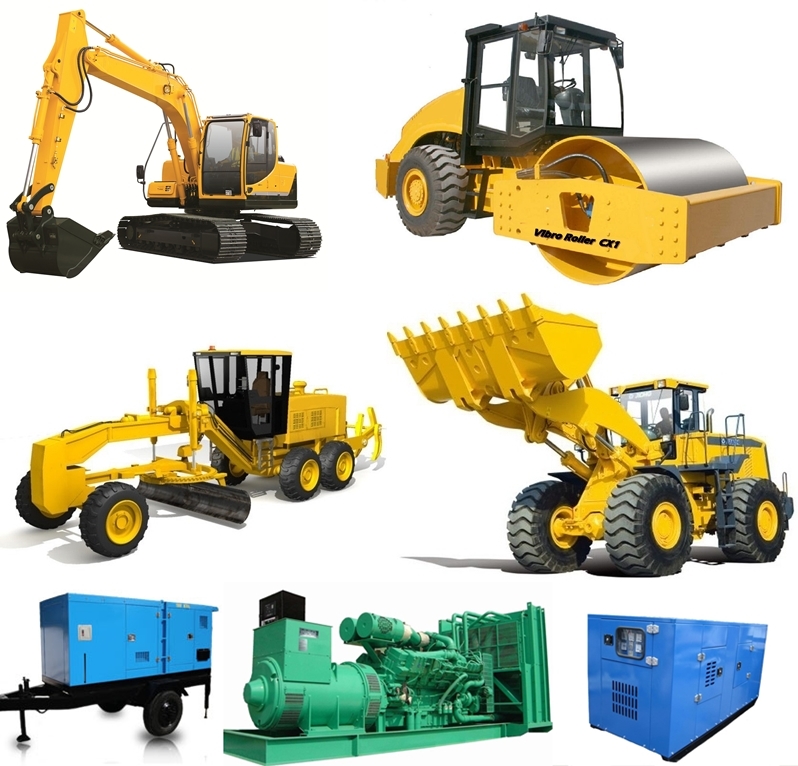Mini Excavator Rental: Compact Machines for Limited Spaces
Mini Excavator Rental: Compact Machines for Limited Spaces
Blog Article
Maximize Your Spending Plan by Comprehending the Costs Linked With Building Equipment Services
Comprehending the full extent of expenses associated with building and construction equipment leasings is critical for optimizing your budget plan. While the initial rental charge may seem straightforward, various extra costs-- such as transportation, fuel surcharges, and maintenance-- can promptly accumulate, influencing your economic preparation. Being mindful of various fees and the intricacies of rental agreements can aid avoid unexpected economic problems. What approaches can be utilized to successfully manage these prices and guarantee a much more reliable rental experience?
Introduction of Rental Costs
When taking into consideration construction devices leasings, recognizing the linked prices is critical for efficient budgeting and project preparation. Rental prices can vary considerably based on several aspects, consisting of devices type, period of service, and place. The initial rental cost frequently reflects the devices's market need and its connected functional capacities, influencing the total cost.
In addition to the base rental price, supplementary expenses may arise, such as transport costs, gas additional charges, and maintenance charges. It is important to make up these added expenses to accurately analyze the total expense of leasing tools. Furthermore, the rental duration can impact rates; longer services might get approved for discounted rates, while temporary leasings may incur greater everyday fees.

Break Down of Rental Rates
A comprehensive understanding of rental rates is crucial for service providers and task supervisors aiming to optimize their spending plans. Rental rates for construction equipment commonly contain several elements, consisting of base prices, time-based costs, and use charges.
Base rates are the core costs related to the leasing of the equipment, often established by the kind and size of the equipment. These rates can differ substantially, influenced by variables such as devices demand, schedule, and regional market fads. Time-based costs, which may be daily, weekly, or monthly, offer to fit different job timelines and rental durations.
In addition, rental rates might include use costs, which are applicable when tools is utilized past a specified limit, ensuring that the rental business can account for deterioration. Seasonal demand changes can additionally impact rental prices, with peak construction periods generally regulating higher costs.
In addition, comprehending the rental firm's policies relating to upkeep and insurance can supply more insight into the general price structure. By examining these parts, professionals can make enlightened decisions, guaranteeing the option of rental tools aligns with both job needs and budget restrictions.
Added Costs to Consider
Understanding the intricacies of additional fees is essential for professionals to manage their general rental expenses effectively. Beyond the conventional rental rates, various supplemental fees can considerably affect the total cost of tools leasing. These charges often consist of shipment and pickup charges, which can vary based upon range and logistics included in carrying the devices to and from the job website.
In addition, some rental business may impose gas surcharges if the equipment is returned with much less gas than when rented. It is also crucial to know prospective cleaning costs, especially for specialized tools that needs extensive maintenance after usage.

Thoroughly assessing the rental contract and making clear these extra costs in advance can aid specialists guarantee and stay clear of unexpected prices that budgets stay undamaged throughout the job lifecycle.
Upkeep and Repair Work Expenditures
Regular repair and maintenance costs are often forgotten factors that can dramatically influence the general price of building equipment leasings. When renting out tools, it is important to take into consideration not just the rental fees however additionally the possible expenses linked with keeping the machinery in optimum operating problem.
Several rental firms include standard upkeep as part of the rental agreement; nevertheless, extra unforeseen breakdowns or considerable repair services can bring about additional expenses. It's important to review the rental agreement thoroughly to comprehend what upkeep solutions are covered and what obligations drop on the renter.
Furthermore, equipment that is not well-maintained can lead to inadequacies on the work site, potentially increasing and triggering delays task prices. To alleviate these threats, it is recommended to perform routine examinations and preserve open communication with the rental copyright concerning any kind of concerns that learn the facts here now occur throughout usage.
Insurance Policy and Liability Prices
Insurance and obligation costs are crucial parts that can dramatically affect the total expenditure of construction devices rentals (boom lift rental). These costs make sure that both the rental company and the customer are shielded from possible financial losses emerging from crashes, damage, or theft during the rental period

Additionally, customers should be conscious of any type of deductibles or exclusions in the insurance plan, as these can affect prospective out-of-pocket costs. Understanding the conditions of any type of insurance policy coverage is important to stay clear of unanticipated prices. Inevitably, budgeting for insurance policy and liability costs can aid guarantee a smoother rental experience and shield against economic dangers related to building and construction projects.
Conclusion
In final thought, an extensive understanding of the expenses related to building equipment leasings is crucial for reliable spending plan management. By analyzing rental prices, added charges, upkeep expenditures, and insurance coverage companies, demands and individuals can lessen unforeseen expenditures. This tactical technique not just improves cost-effectiveness but also makes certain that projects advance smoothly and efficiently. Inevitably, informed decision-making pertaining to devices rentals adds to the overall success of building and construction endeavors.
Rental costs can vary substantially based on several factors, including devices type, duration of leasing, and area (dozer rental). The rental period can affect prices; longer services these details might certify for reduced rates, while temporary rentals may incur greater day-to-day costs
By performing complete research study and engaging with reputable rental business, professionals can successfully browse the complexities of rental rates, eventually optimizing their economic resources.
Beyond the typical rental rates, numerous additional charges can dramatically affect the overall cost of devices leasing. Rental companies typically supply responsibility insurance policy that covers injuries to 3rd parties or damage to property, while devices damage insurance policy can cover the price of repair work or substitute if the rented out devices is a fantastic read harmed.
Report this page